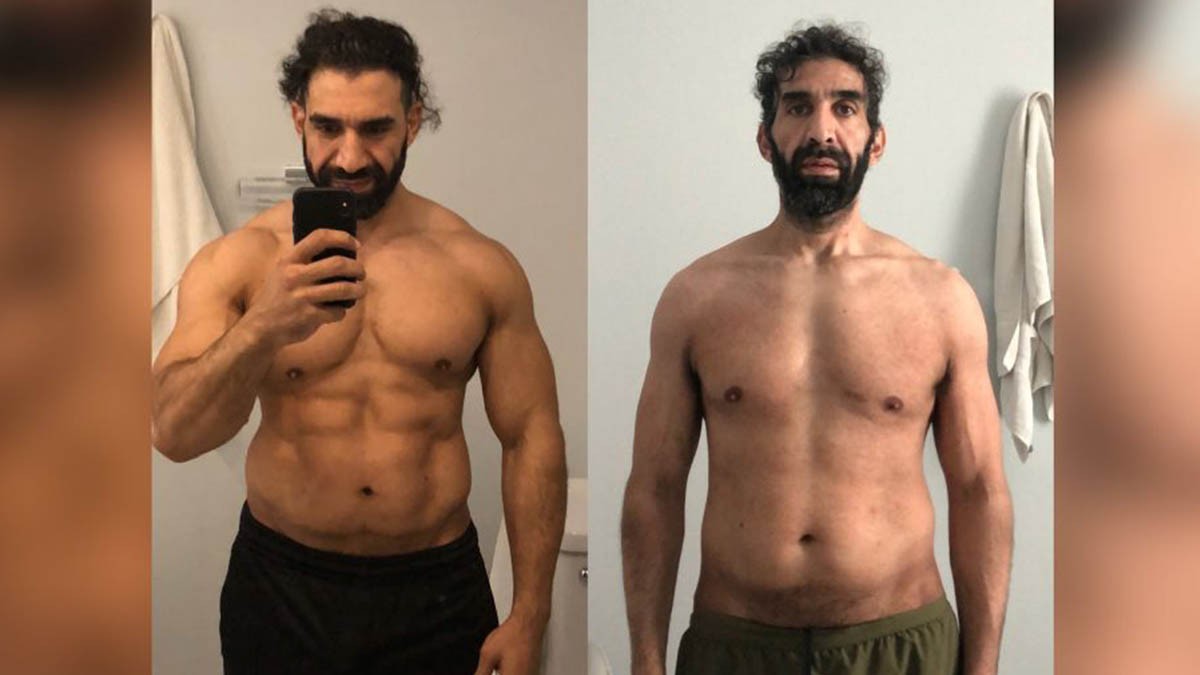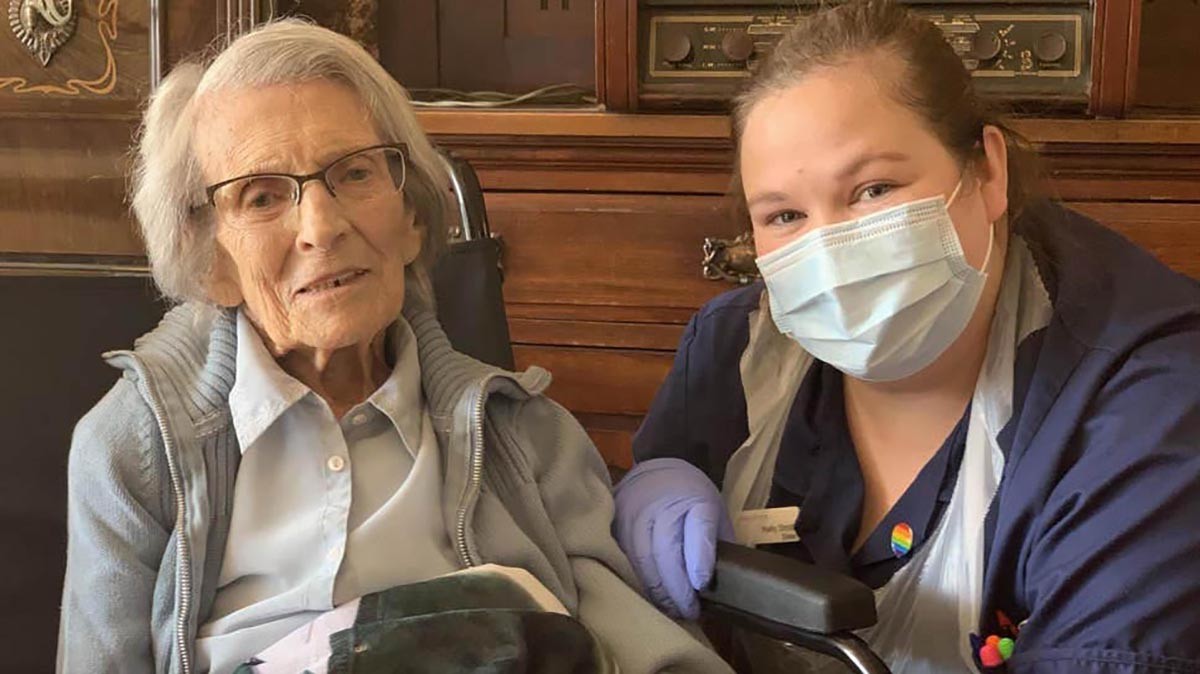COVID | Are muscles really equal to health?
In modern culture, muscles are linked to health, strength, resilience, and fitness. But are muscles really a synonymous of health?
When Ahmad Ayyad woke up, he was delirious. He didn't realize where he was, why there was a tube down his throat, or how long it had been since he last fed his dog.And when he looked down, he couldn't recognize himself. Once a 215-pound athlete with chiseled muscles and astounding strength, the 40-year-old looked like a completely different person.
"I woke up and looked at my arms, my legs, and my muscles were gone," he said. "I was kind of freaking out, like where are my legs? Where did my legs go?" Ayyad is a coronavirus survivor.
Doctors had placed him in an induced coma for 25 days to save his life.
It's been a little over two months since those touch-and-go days and he's still recovering. Still out of breath at times. Still nursing the damage to his lung and heart.
But he has a message -- for those who refuse to wear a mask during this pandemic, for those dismissive of public health guidance, for those in the prime of their health and feel invincible against coronavirus.
"It worries me a lot seeing people take this lightly," he told CNN on Tuesday. "I got it and survived, and I'm still terrified." [1]
Our immune system is the barrier between our body and invaders, like bacteria and viruses, including COVID.
The health of our immune system is not measured by the size of our muscles, but rather by its ability to recognize pathogens (eg. viruses), tag , and netralize them.
Our immune system is an incredibly powerful and complex machine, that evolved over time, to become more efficient with new forms of pathogens. But as the immune system became more efficient, pathogens also evolved to protect their own life.
For example, when a virus start losing its ability to infect the host, it may mutate so that the host is unable to recognize it, and the fight will start over again.
This is part of Nature's law of survival, since life implies a continuous change towards a point of equilibrium, called homeostasis, where optimum health can be experienced.
A 106-year-old woman, thought to be the oldest person in the UK to recover from coronavirus, has been discharged from hospital.
Connie Titchen, who was born in 1913, was diagnosed with coronavirus soon after being admitted to Birmingham City Hospital in mid-March with suspected pneumonia.
Since our ability to fight viruses rely on the immune system, we'd try to avoid those elements that may compromise its ability to fight pathogens.
For example, nutrition and lifestyle play a key role on providing the nutrients to our body-mind complex so that it can stay healthy longer.
Alcohol abuse, drugs, processed meat, watching inappropriate content, and cultivating weak qualities like anger, violence, and intolerance, will weaken our body and mind, no matter how big are our muscles.
Conversely the practice of human values, will bring peace and the strong qualities of Respect and Tolerance in our lives, and in our community. [3]
[1] https://edition.cnn.com/2020/06/30/health/coronavirus-athlete-covid-19-ahmad-ayyad-john-hopkins-trnd/index.html
[2] https://www.independent.co.uk/news/uk/home-news/coronavirus-oldest-patient-uk-recovery-hospital-covid-19-latest-birmingham-a9466386.html
[3] https://www.fempton.com/uxton/human-values


